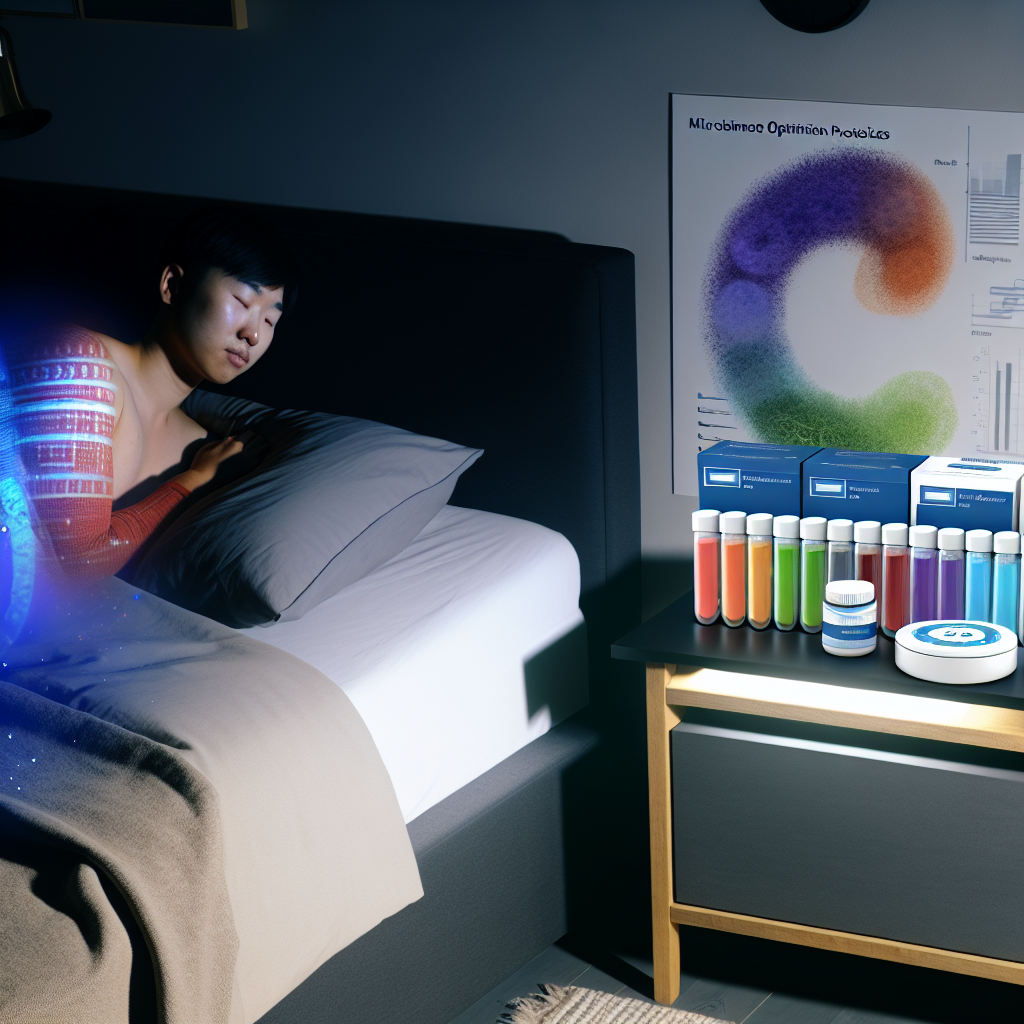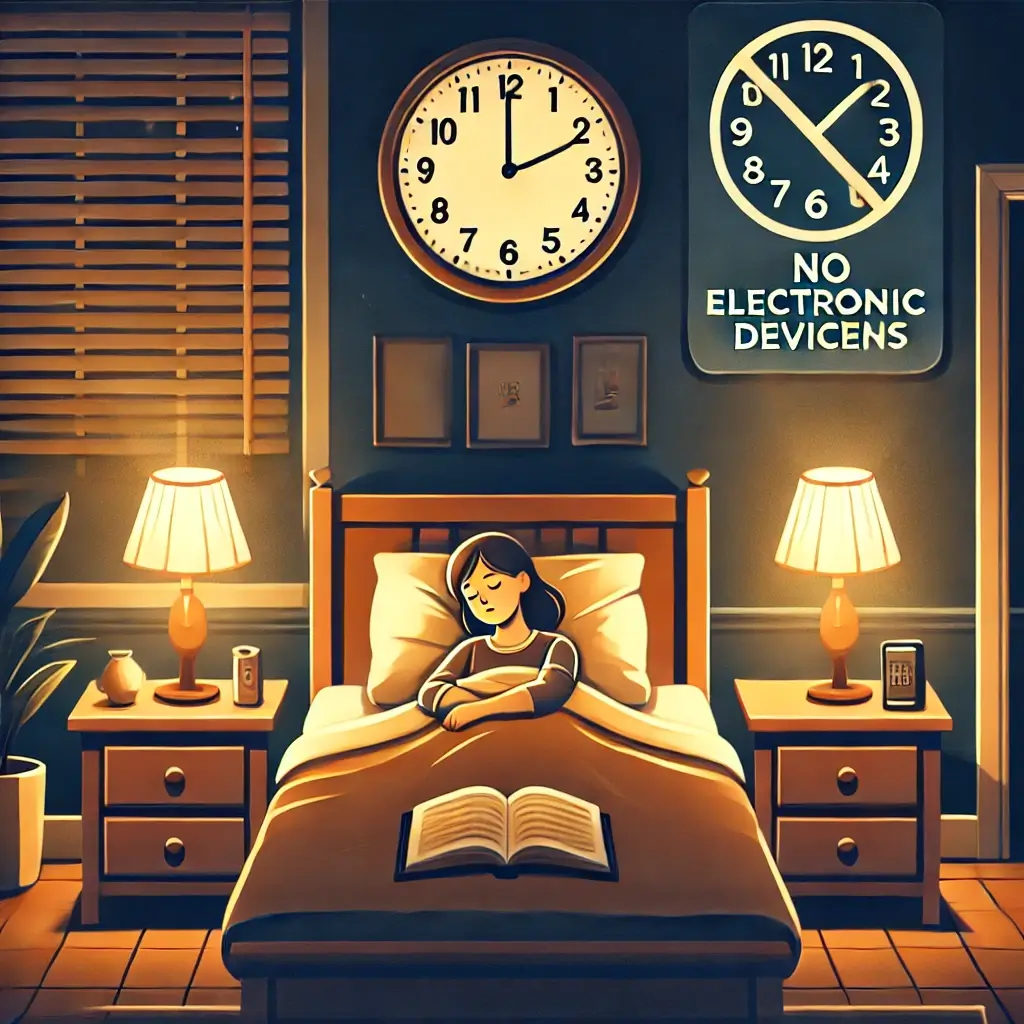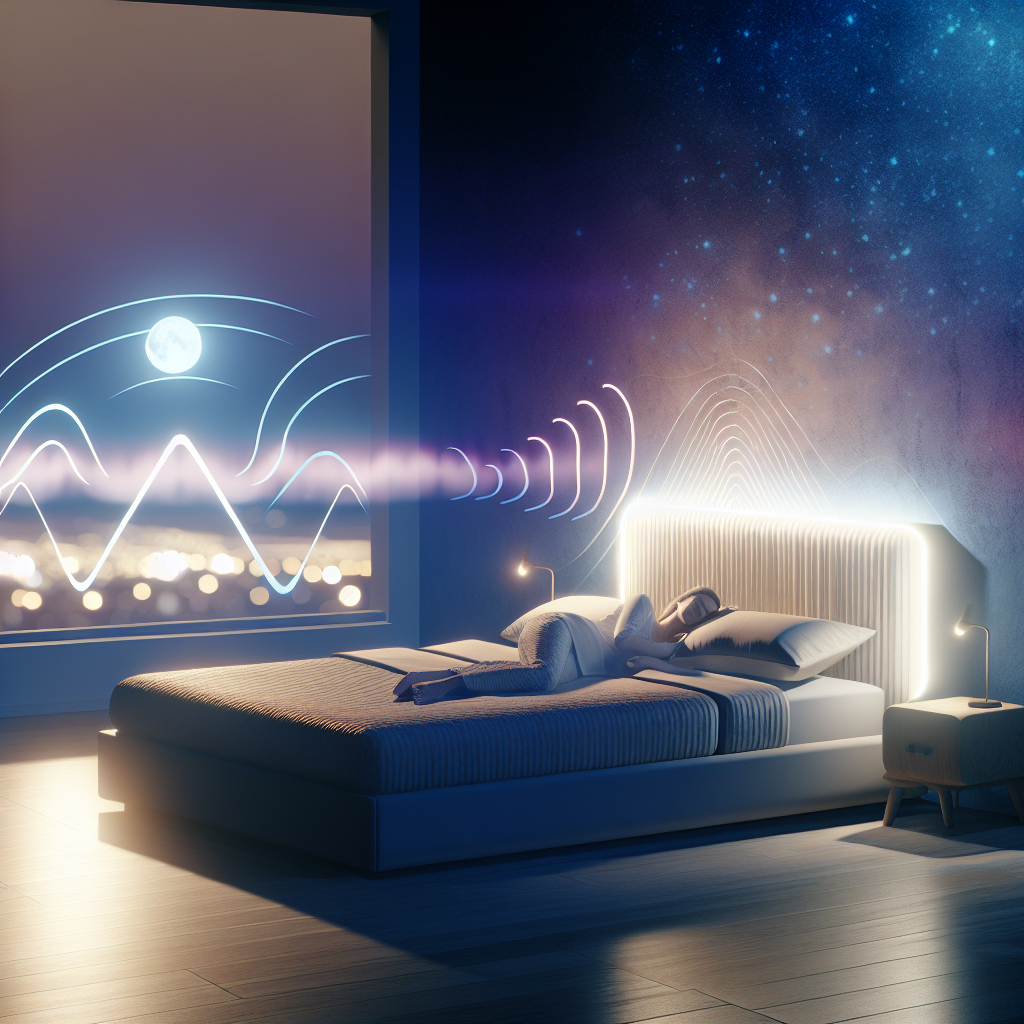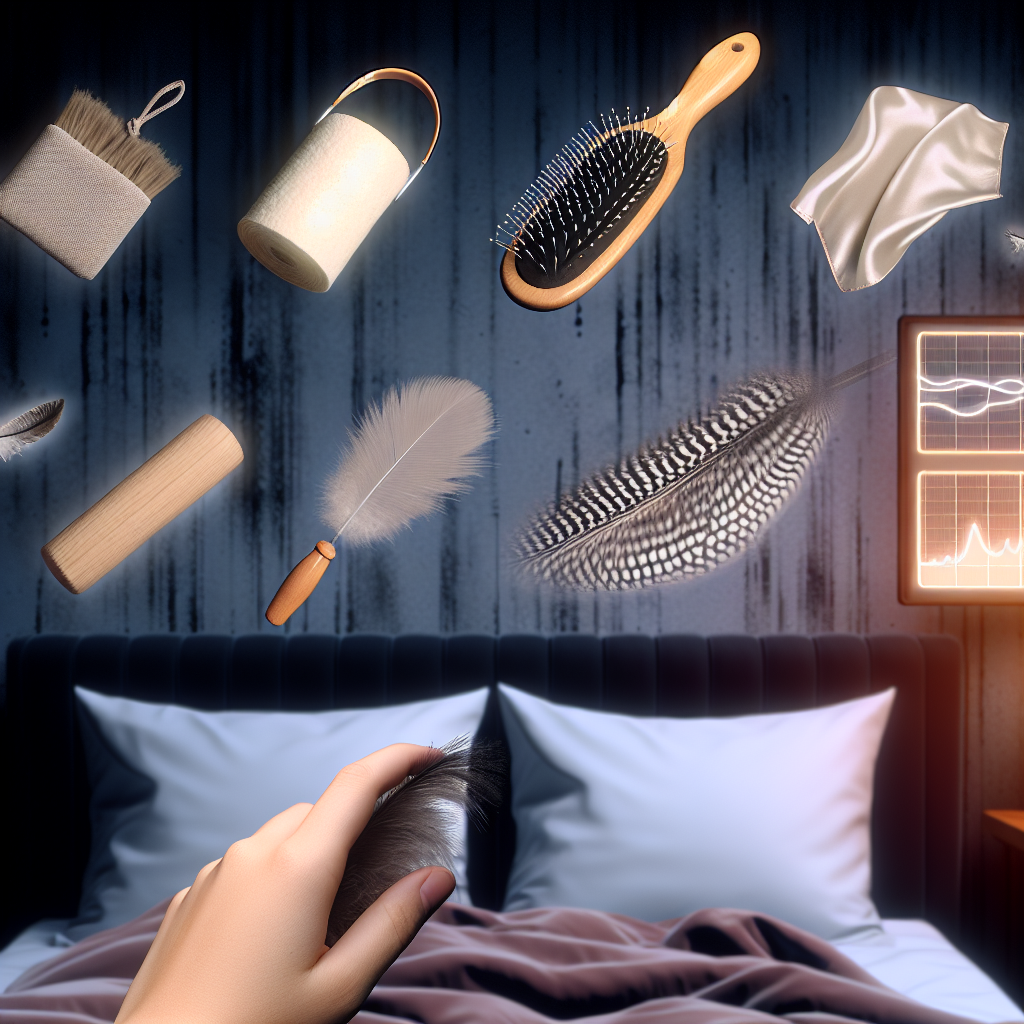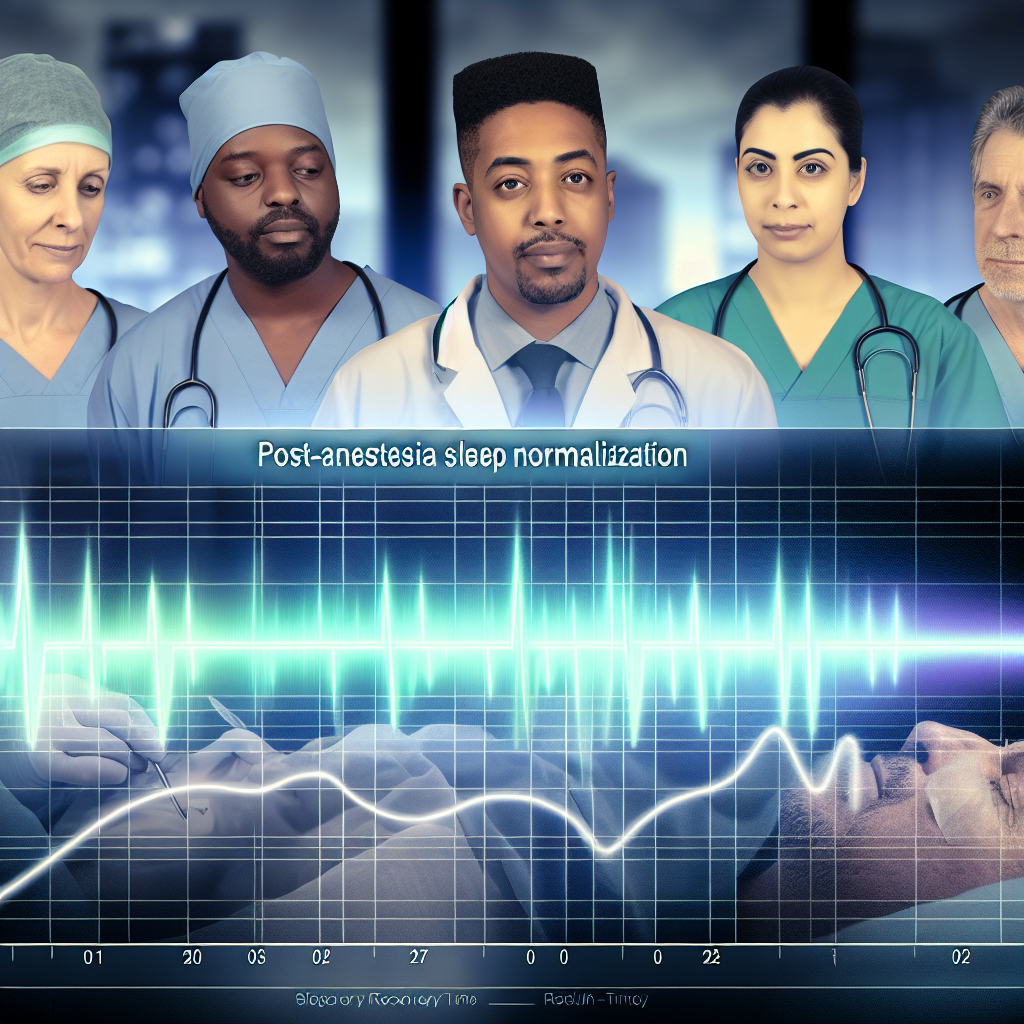Unlock Better Sleep with Microbiome Testing: Optimize Gut Health for Restorative Rest
Sleep issues affect millions worldwide, but traditional solutions often miss one critical component: the state of your gut microbiome. Discover how cutting-edge sleep quality microbiome testing is reshaping the way we solve sleep problems — from the inside out.
The Sleep-Gut Connection: Why Microbiome Health Matters
In recent years, the intricate relationship between the gut and the brain has taken center stage in health research. Your gut microbiome — home to trillions of bacteria and microorganisms — does more than digest food. It influences mood, immune function, hormone regulation, and most notably, your sleep quality.
What’s especially eye-opening is the discovery of the gut-brain-sleep axis. This connection reveals that gut microbes actively participate in the production of sleep-supporting neurotransmitters like serotonin and GABA. In fact, about 95% of your body’s serotonin — a precursor to melatonin (the sleep hormone) — is produced in the gut. Disruptions in the microbiome can result in inflammation, neurochemical imbalances, and ultimately, poor sleep.
Unveiling the Science: Microbiome Testing and Sleep Quality
Fortunately, we now have the technological capability to analyze our gut bacteria in detail through sleep-specific microbiome testing. Using advanced tools like metagenomic sequencing and 16S ribosomal RNA analysis, healthcare providers and at-home testing companies such as Viome and Sun Genomics can decode your gut’s microbial landscape.
This testing provides personalized insights by identifying microbial imbalances that affect everything from neurotransmitter synthesis to cortisol production. By mapping your gut flora against databases of inflammation markers and metabolic profiles, you receive actionable information tailored to improve your sleep quality.
Scientific Findings That Prove the Gut-Sleep Link
Numerous studies are now confirming the critical role that gut health plays in sleep:
– A 2020 landmark study in Frontiers in Psychiatry linked higher microbiome diversity with better sleep quality. Individuals with an abundance of strains such as Bifidobacterium and Lactobacillus reported deeper, more consistent sleep and lower cortisol levels.
– A 2021 clinical trial in the Journal of Clinical Sleep Medicine demonstrated that participants who adopted gut-focused protocols — including fiber-rich diets, probiotics, and mindfulness — showed increased levels of SCFAs (short-chain fatty acids) like butyrate. These compounds directly enhance melatonin release and strengthen circadian rhythms.
– The NIH also supports the connection between gut-brain signaling and disorders like insomnia, noting that pro-inflammatory cytokines generated by microbial imbalances can interfere with the brain’s sleep centers.
Personalized Protocols: How to Optimize Your Gut for Better Sleep
Once your microbiome profile is tested, targeted gut optimization protocols can be designed. These protocols go beyond general wellness tips and dive into customized strategies tailored to your bacterial composition:
– Personalized probiotics and prebiotics that replenish beneficial strains
– Anti-inflammatory, high-fiber diets aligned with your gut needs
– Stress management techniques such as breathwork and mindfulness
– Circadian-aligned lifestyle habits that support melatonin production
– Behavioral and cognitive interventions guided by functional medicine specialists
Why Sleep Microbiome Testing Is a Game-Changer for All Ages
The sleep-gut connection isn’t just relevant to adults. For children and adolescents, a balanced gut influences emotional regulation, learning capacity, and bedtime behavior. Early development of the gut microbiome can shape long-term sleep patterns — making gut health optimization a proactive part of childhood wellness.
Likewise, older adults who face natural changes in both sleep architecture and gut diversity can benefit from microbiome testing to restore proper circadian function and reduce systemic inflammation.
Conclusion: Personalize Your Path to Better Sleep
Sleep quality microbiome testing provides a revolutionary view of your body’s internal ecosystem — empowering you to resolve sleep disturbances by treating the roots, not just the symptoms. If you struggle with insomnia, inconsistent sleep, or never feel fully rested, your gut microbiome may hold the clues you’ve been missing.
With advancements in gut testing and scientifically validated protocols for restoring microbial harmony, true restful sleep is no longer a mystery. It’s a science-backed outcome of microbial balance.
Nurturing your microbiome through diet, lifestyle, and targeted supplementation could be the single most transformative step you take toward optimizing your sleep and overall wellness.
Because sometimes, the secret to better sleep… really is in your gut.
References
– Frontiers in Psychiatry. “The Gut Microbiome and Sleep: A Systematic Review.” 2020.
– Journal of Clinical Sleep Medicine. “Impact of Gut Health-Focused Diet and Lifestyle on Sleep Quality.” 2021.
– NIH National Library of Medicine. “Mechanisms of the Gut–Brain Axis in Sleep Disorders.”
– Viome. “Microbiome Testing for Personalized Health Insights.”
– Sun Genomics. “Precision Probiotics and Gut Health Testing.”
For more expert guides on sleep science and cutting-edge health innovations, visit www.medoze.com
Concise Summary:
Gut health is a critical yet often overlooked factor in sleep quality. Cutting-edge microbiome testing can provide personalized insights to optimize your gut bacteria, enhancing neurotransmitter production, reducing inflammation, and improving overall sleep patterns. By implementing targeted gut-focused protocols, you can transform your sleep through the power of your internal microbial ecosystem.

Dominic E. is a passionate filmmaker navigating the exciting intersection of art and science. By day, he delves into the complexities of the human body as a full-time medical writer, meticulously translating intricate medical concepts into accessible and engaging narratives. By night, he explores the boundless realm of cinematic storytelling, crafting narratives that evoke emotion and challenge perspectives.
Film Student and Full-time Medical Writer for ContentVendor.com
